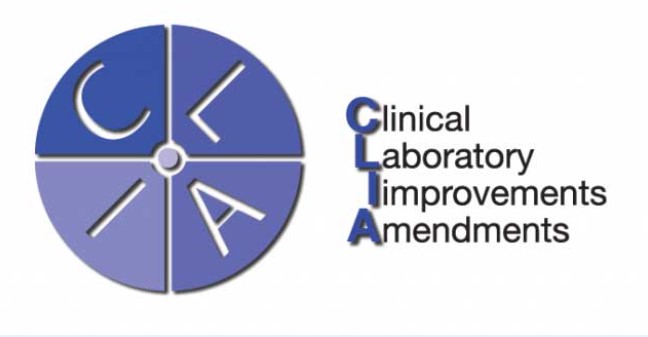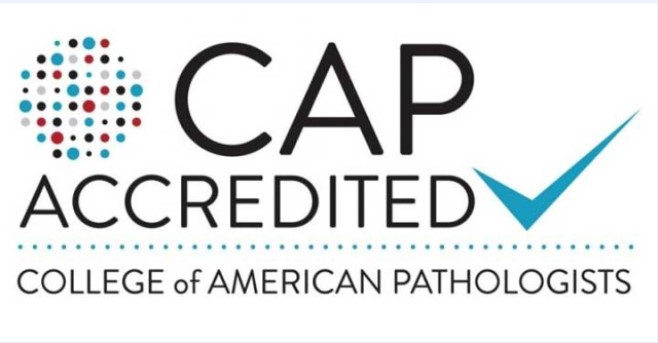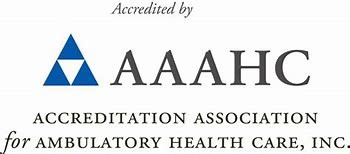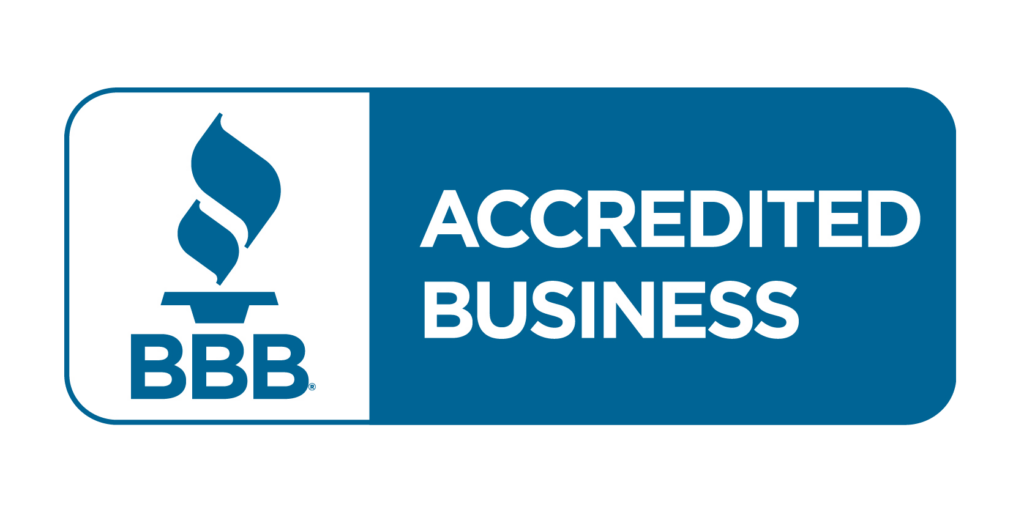What is Fecal Incontinence?
Fecal leakage is the loss of liquid or solid stool. It can be socially devastating and is one of the leading reasons for nursing home placement. One study revealed that up to 80% of women who have fecal leakage will NOT mention it to their doctor. This is especially sad because there are treatment options available. This can be addressed with medication, physical therapy, or a minimally invasive procedure. The Axonics & Interstim Devices have an FDA-approved indication for fecal incontinence and this treatment has revolutionized our treatment of bowel leakage.
What are some non-surgical treatments?
Medications – One strategy to avoid leakage, especially with diarrhea, is to bulk the stool with fiber. Your doctor may also recommend medicine to minimize diarrhea.
Physical therapy – Working in a private setting, one-on-one with a physical therapist can be a big help in regaining muscle control.
What are some procedures that might help?
Sacral Neuromodulation – With this treatment, a small wire is inserted next to the nerve that helps to control the function of the bowel and the bladder. Many refer to this device as a “pacemaker” for the bladder and bowel. A test wire is placed for 10-14 days before getting the actual implant. If a good result is achieved, the device is implanted and connected to the wire. It can typically last for 3-5 years before the battery needs to be replaced.
What is the success rate?
Some large studies have demonstrated a 70%-80% success rate for women with this implant. With this device in place, an MRI of the back should NOT be performed.














